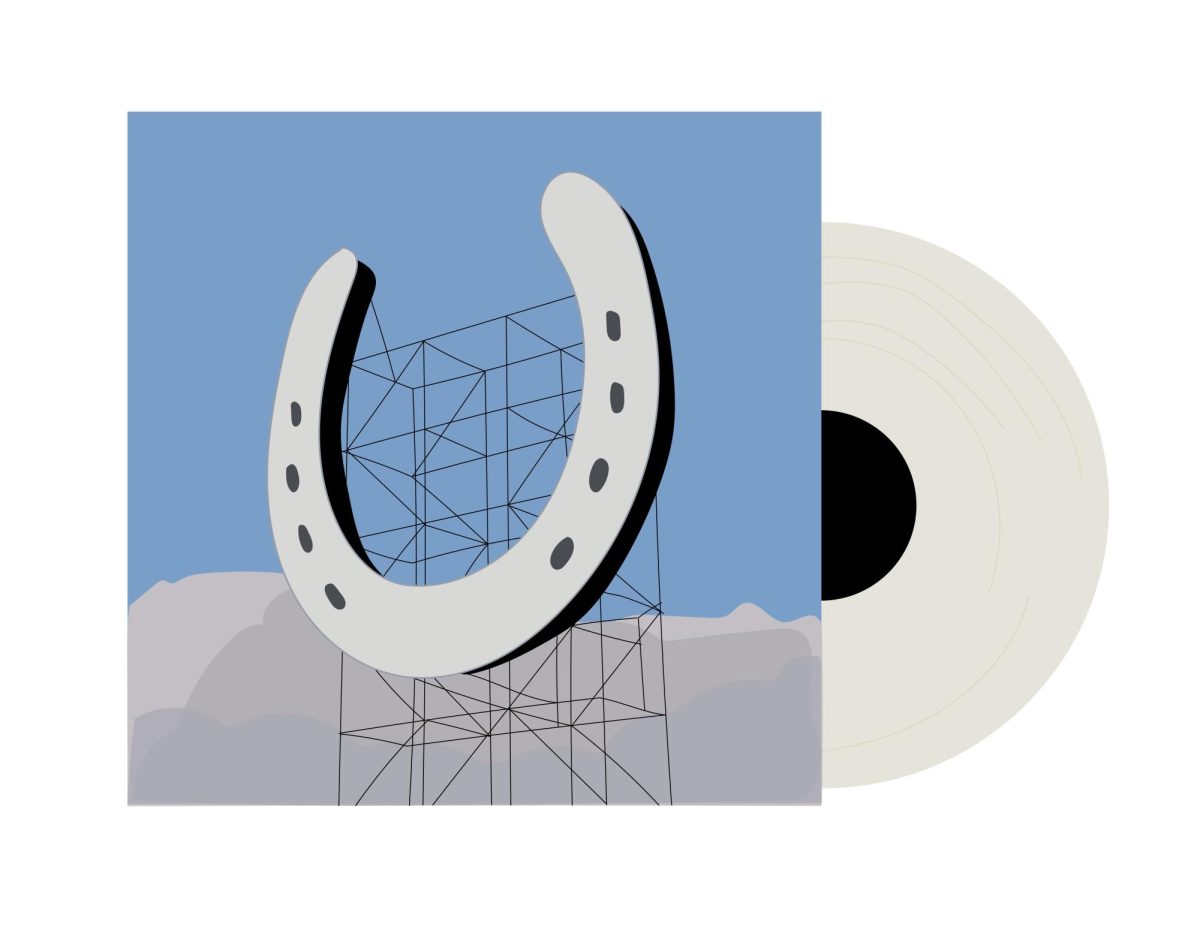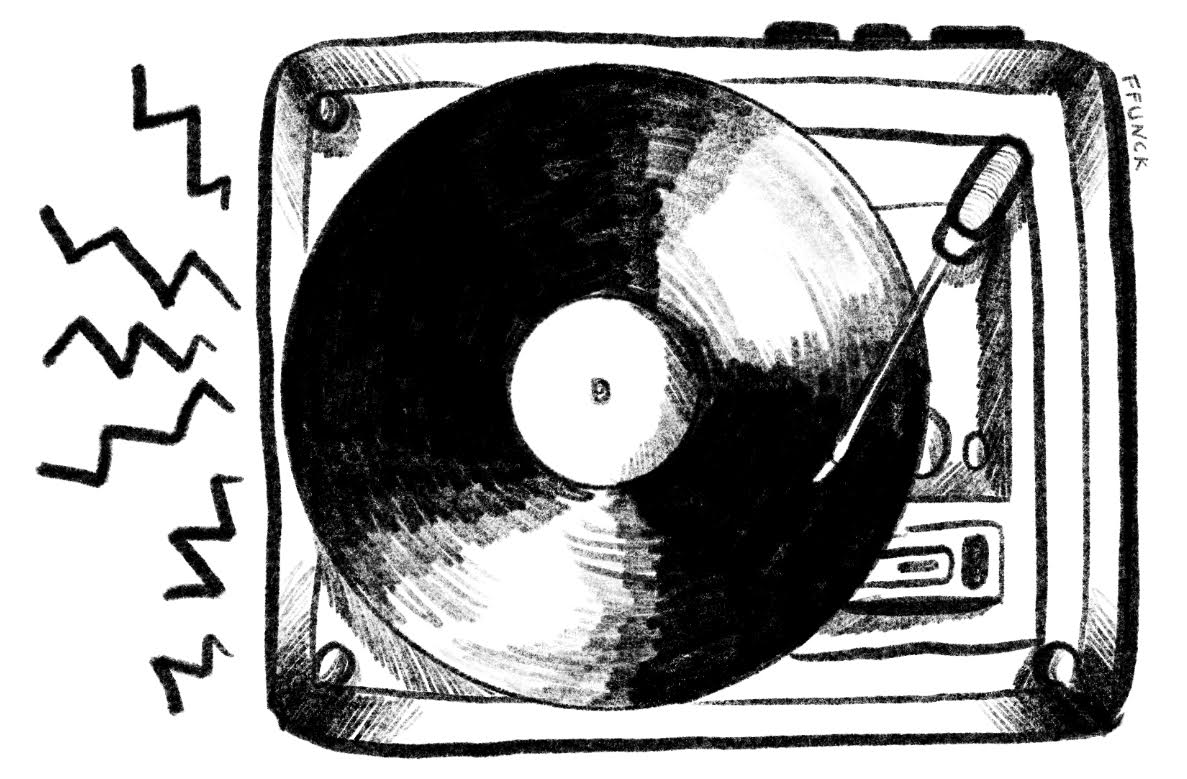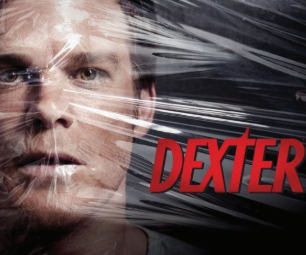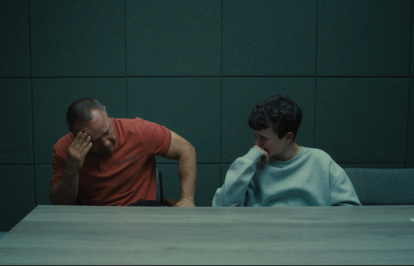Hyperpop is a uniquely fleeting genre; its lifespan is as brief as anything built on the fast-paced internet. Founded in the electronic underground, the genre has evolved at a fittingly hyperactive speed while absorbing elements of trap, emo, and rock in the process. In just ten years, it has transformed from a cutting-edge club movement to an internet meme to an emotional outlet for terminally online youth. So, where does Underscores fit into this mess? Bay Area producer and singer-songwriter April Harper Grey hit the (relative) mainstream with her 2021 debut Fishmonger, an electric blend of sardonic zoomer rock and pitched-up hyperpop trap. But within just two years, this sound has become obsolete—Underscores herself even declared the genre “officially dead” (via NME). So, following tradition, Grey has had no choice but to evolve.
Her latest release, Wallsocket is a concept album, a series of vignettes taking place in the titular fictional town in suburban Michigan. In the vein of Sufjan Stevens, Wallsocket is a deeply American record, touching on topics like class struggle and military violence, while flirting with the rustic sounds of folk and country (shockingly successfully). But to speak of clear genre categorizations for Wallsocket’s sound is just redundant given its absurd scope. What’s more important is feeling.
Opener and lead single “Cops and Robbers” is a free-spirited jam about a scamming bank teller whose sticky melodies glue themselves to the ears. It starts a pattern of colorful bops bursting with Grey’s sugary vocals that boast an endless supply of earworm refrains. Maybe the catchiest example is “Johnny johnny johnny,” quite ironically given its subject matter. The track’s bouncy baselines and bubbly hook make a shrewdly dark contrast with its tragic lyrical portrait of grooming. Taking the victim’s perspective, Underscores tastefully depicts the factors of insecurity and body dysmorphia that can lead young women to such abusive relationships. So, despite the anthemic brightness that Wallsocket can take from its hyperpop roots, the songwriting never lacks a thematic punch.
Underscores’ thoughtful lyricism especially lends itself to heavier songs, like the seven-minute odyssey of “Jeez louise,” which dexterously builds from an aggressive intro into a country breakdown, before melting into a euphoric shoegaze finale. The lyrics are their own achievement, astutely coalescing themes of religion, transgender liberation, and oppression with wit and emotion. Smartly, Grey never puts her talent for technical grandiosity over poetic depth.
Maybe Wallsocket’s single major flaw is its staggering assault of instrumentation, influences, hooks, and narratives – all well-crafted, but undoubtedly dense to some. For an exhausted listener, there are multiple respites of gentler balladry; subtler, but just as sharply written and colorfully produced. The closer “Good Luck Final Girl” forgoes nearly any trademark eccentricity, settling for a straightforward folk tune. Leaving the record at a painful emotional nudity, the emphasis is put on the album’s lingering feelings, not its maximalist soundplay.
As a full experience, Wallsocket is unabashedly layered, with enough musical and conceptual detail to fill several reviews. The staggering detail in every mix, the winding lyrical narrative, and the wide spectrum of genres work to build Wallsocket into a kaleidoscopic snapshot of American suburbia. But even without any deeper context, Wallsocket’s beauty is as blinding, all caps, in-your-face as the songs barely contained in it. Built from the flash-in-a-pan, hyperactively rushing internet, Wallsocket seems destined to be timeless.














